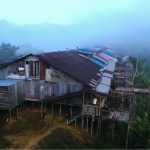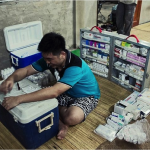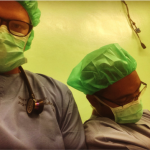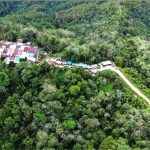Elective Report by Carey Girling – Recipient of the Ray Williams Travelling Fellowship
I was fortunate enough to receive the Ray Williams Travelling Fellowship in 2017, which allowed me to go on an elective that otherwise would have been unattainable for me. Here’s a short description of what I did, and how it has helped both my personal development and the communities I was working with.
Sarawak is a state in Northern Malaysia well known for its rainforests, well-educated and liberal leaning populous, and cultural diversity. There is very wide range of cultural influence evidence in the capital, Kuching – from British Imperialism to Chinese trade and religion. The health administration is not too dissimilar from that in the UK – namely a two-tier system of state funded access for all, and private services for those fortunate enough to be able to afford them. This elective allowed me to work within and experience the wide disparity between both.
There are still both indigenous and rural (and by rural, I mean a three-day drive and hike into the wilderness) populations in the Rainforests of Sarawak, who have only the most basic access to healthcare – and this is only because of Christian aid groups in the area. These communities live in large communal buildings called “Longhouses” – single, football sized rooms housing entire villages. Though by Western standards this lifestyle would be thought of as abject poverty, these communities are thriving, vibrant, and cohesive.
The focus of my elective was urology. This is a branch of medicine that deals with the urinary system, its physiology, pathology and surgical management. As most of the people reading this will know – the prostate surrounds the urethra at the base of the bladder (in men!), and subsequently has notable effects on the urinary system when enlarged, inflamed, or diseased. Much of my first two weeks in Kuching was spent in main theatres observing and assisting TURP (transurethral radical prostatectomy) procedures, attending pre-op clinics, and working on post-op wards. Thankfully, many of the patients spoke excellent English, which allowed me to garner some valuable insight into their conditions, their aetiology, and their subsequent management and recovery. I interviewed surgeons, medics, nurses and patients – I felt that this was the only way I could get a well-rounded view of the way prostate specific urology was managed in this region.
One thing that I noticed hinders effective and timely diagnosis and management of prostatic disease in Malaysia – regardless of social standing – is the reticence of many men to seek healthcare services. One initiative that is proving effective in combating social stigma around prostate health involves large, social “carnival” events, where men are encouraged to bring their families, enjoy a fun day out, and engage with services outside of the hospital setting. The anecdotal evidence suggests that this has reduced symptom onset to diagnosis times by up to 50 weeks, which in turn will have a serious positive impact on outcomes.
This elective experience has been one of the highlights of my life as a “medic” and is something I would absolutely recommend to anyone with an interest in urology or prostate health. Without support from Prostate Cymru, I would never have had the opportunity that I did. Now that I am working as a junior doctor in a Urology unit, I am getting the chance to put some of this experience to good use.
My sincere and heartfelt thanks to all those at Prostate Cymru who supported me in 2017 – my interest in pursuing a career in urology has stemmed from it.
